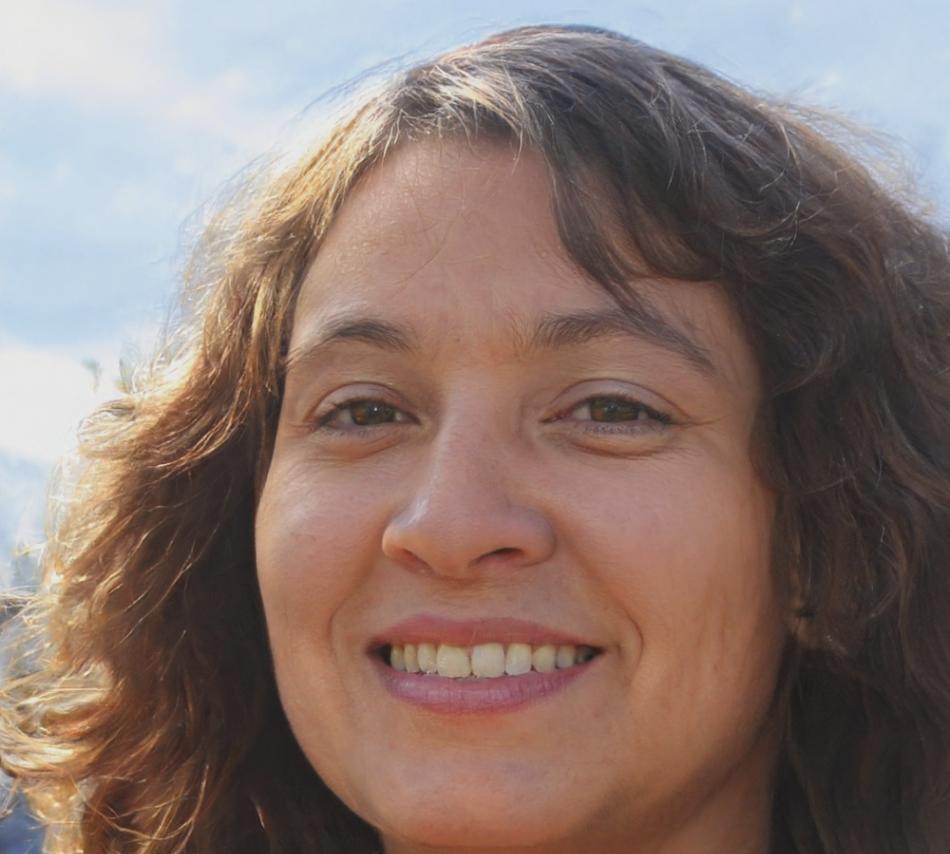Learning That Fits Your Schedule
We've spent the last three years figuring out what actually works for people learning financial analysis. Turns out, everyone learns differently and that's completely fine.
Talk About Your TimelineBuild Your Own Learning Path
Here's something we noticed back in early 2024: most people don't fail because the content is too hard. They struggle because life gets in the way and rigid schedules don't accommodate real circumstances.
- Evening sessions available for working professionals who can't break away during standard hours
- Self-paced modules that let you speed up or slow down based on your current workload
- Weekend workshops for deeper exploration when you actually have time to focus
- One-on-one sessions scheduled when you need clarification, not on a fixed calendar
Programs typically run 8-12 months depending on how much time you can commit weekly. Some finish faster, others take their time. Both approaches work.

What Realistic Progress Looks Like
We track how our students progress because it helps us improve the program. These numbers come from our 2024 cohorts and give you a honest picture of what to expect.
Time most students need to complete core fundamentals with consistent weekly effort
Real analysis scenarios worked through from initial data review to final reporting
Typical commitment that balances learning progress with other life responsibilities

"I needed something that wouldn't clash with my current job schedule. Being able to shift sessions around during busy months at work made this actually doable. Took me about 10 months total, which was longer than I initially hoped but way better than dropping out halfway through."
Questions People Actually Ask
Before You Start
Life happens. We've had students pause for job changes, family situations, even just burnout. You can take breaks up to three months without losing your spot. Just stay in touch so we know you're planning to return.
Depends on which path you choose and how much one-on-one time you need. Initial consultation helps us figure out what makes sense for your situation. We're talking about tuition ranging from moderate to substantial investment depending on program length.
Most of our students do. That's why we built flexibility into everything. Evening slots exist specifically for people who can't take time off during regular business hours.
During The Program
We adjust. Seriously, about 40% of students modify their timeline at least once. The initial schedule is a starting point, not a binding contract. We check in regularly to see if pacing still works for you.
Monthly reviews look at what you've completed versus where you wanted to be. We're honest about gaps but also realistic about what causes them. Progress isn't always linear and that's normal.
Absolutely. Some students finish in 6 months instead of 9 because they had lighter work periods or just learn faster. We provide additional materials and can increase session frequency when it makes sense.

Next Cohort Starts September 2025
Let's talk about what your schedule looks like and figure out if our approach actually fits your life. No pressure, just realistic conversation about timelines and commitment.
Schedule A Planning Call